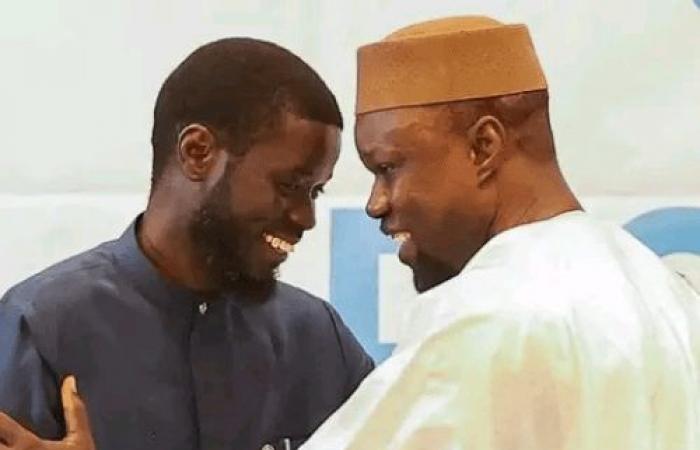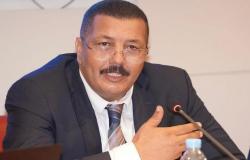Will Senegal and the IMF easily find an agreement in the macroeconomic management of the country, particularly in budgetary matters? Everything suggests that the negotiations will be difficult and could sometimes come up against a sticking point such as the energy subsidy. The IMF, which is very keen to reduce this envelope, has never missed an opportunity to point this out.
However, in the initial 2025 finance law (passed without debate), the authorities did not take into account the IMF’s injunctions. In current transfer expenditure which will increase by 20.9%, it is planned to take into account the subsidy for the energy sector to the tune of 450 billion FCFA, an amount consistent with the actual level of subsidies granted. during the year 2024”. In other words, the actual amount from last year was carried over, so no reduction. A decision that Majdi Debbich, resident representative of the International Monetary Fund (IMF) in Dakar, regrets. Questioned by the newspaper Le Soleil, he declared: “We note, moreover, the absence of reform of energy subsidies, the level of which remains unchanged compared to the achievements of 2024. However, we know that these subsidies are very costly and that it is generally more effective to directly support the most vulnerable households with targeted aid. » For its part, the State announces “major changes” in the energy sector with for example “significant structural reforms in 2025 including, in particular, the strengthening of the sectoral framework, with the finalization and promulgation of the new Electricity Code, accompanied by its implementing texts”. Senelec will also be restructured. The State also announces the review of the price structure of petroleum products, without further details on the expected results and deadlines. A battery of measures which, in view of the exit of Majdi Debbich, does not satisfy the Bretton Woods institution. But the government is undoubtedly aware that an increase in the price of fuel or electricity will have painful consequences due to the transversal nature of energy in production and services. In this context of strong expectations of a drop in the cost of living, an increase in energy prices would be suicidal for the Diomaye-Sonko tandem. Moreover, the government promised the Senegalese to work for a reduction in the prices of energy products, without setting a deadline. Meanwhile, the ”gas to power” project is more an idea than a reality, well announced for years. We are still in the process of building pipelines connecting gas exploitation sites and power stations. In this context, it is unlikely that the two parties will have convergent visions.
The IMF has already suspended its agreement with Senegal, thus postponing its last disbursement, following poor management revealed by an audit initiated by the new authorities. According to the Reuters agency, cited by many Senegalese media, Dakar “will have to wait at least until June (2025) to obtain any resolution of its loan program with the IMF, which could lead to new disbursements ”. Added to the results of the audits is a Eurobond of 450 billion raised last July. An exit on the market which had aroused the incomprehension of the IMF. However, in the debt management strategy (2025-2027), two Eurobonds are planned for 2025 (with, where applicable, Diaspora Bonds component), one in dollars and the other in euros and representing a total of 50% of external financing, or 20.5% of the country’s financing needs. If one part is to be covered by the diaspora bond, as planned, the other could be commercial debt. It’s not clear that this is to the taste of Debbich and his bosses.






